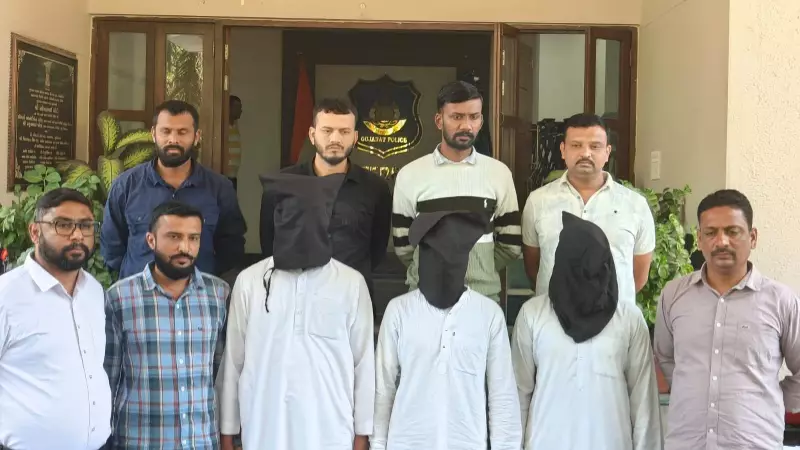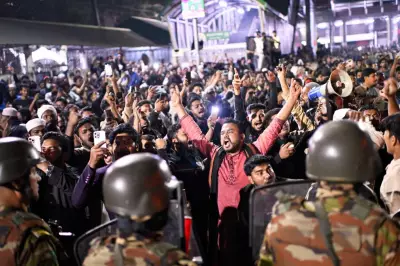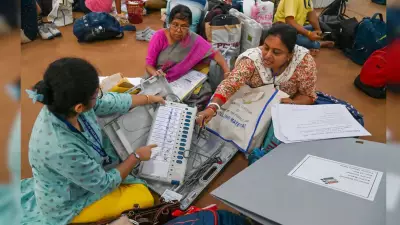
Major Terror Plot Foiled: Ricin Poison Scheme Uncovered
In a significant counter-terrorism operation, the Gujarat Anti-Terrorist Squad (ATS) has arrested three individuals for allegedly plotting a major terror attack using the highly lethal chemical agent Ricin. The accused had conducted surveillance on key locations, including the RSS office in Lucknow, the Agriculture Produce Market Committee in Azadpur, Delhi, and the fruit market in Naroda, Ahmedabad.
The Arrested Accused and Their Surveillance
The three men taken into custody have been identified as Dr. Ahmed Mohiyuddin Saiyed, 35, from Hyderabad, Telangana; Azad Suleman Sheikh, 20, a tailor from Shamli, Uttar Pradesh; and Mohammad Suhail Mohammad Saleem Khan, 23, a student from Lakhimpur Kheri, Uttar Pradesh.
According to ATS sources, the younger accused, Sheikh and Khan, were radicalized and had been in contact with a Pakistani agent for the past one-and-a-half years. On the instructions of this handler, they conducted reconnaissance of the three locations. The markets in Azadpur and Naroda were reportedly chosen because they are typically crowded areas.
The Ricin Poison Manufacturing Attempt
The investigation took a serious turn when the trio was apprehended with incriminating evidence. Authorities seized nearly four litres of castor oil, three guns, and 35 live cartridges. The presence of castor oil led investigators to suspect the accused were attempting to extract Ricin, a deadly poison derived from castor beans.
Deputy Inspector General of the ATS, Sunil Joshi, stated that Dr. Saiyed had been preparing the poison, referred to as 'Ryzin' (Ricin), for a major terrorist attack. He had undertaken necessary research, procured equipment and raw materials, and initiated the initial chemical processing. The castor oil was seized from Saiyed's car near the Adalaj toll plaza on the Ahmedabad-Mehsana road in Gandhinagar earlier this month.
An ATS official revealed, "The accused told us they were trying to extract Ricin from castor beans. They were still processing it, so, we cannot comment on how they would have used it." The investigation into their exact plans is ongoing.
International Links and Digital Evidence
The ATS claims that Dr. Saiyed identified his handler as Abu Khadija from Afghanistan, who is said to be associated with the Islamic State Khorasan Province (ISKP). To build its case under the stringent Unlawful Activities (Prevention) Act (UAPA), the ATS is relying on multiple evidence streams.
An official involved said that while details from a suspected "workshop" are still being recovered, evidence includes records of materials procured by Saiyed, his search history on platforms like ChatGPT, and general search engine queries.
Meanwhile, family members of the accused expressed shock. Dr. Saiyed's brother, Syed Omar Farooq, based in Hyderabad, stated he was informed of the arrest by the ATS and never suspected any wrongdoing. He mentioned that his brother's marriage had failed four years ago and the family believed he was depressed. Farooq added that Saiyed, an MBBS graduate from China, consulted patients online and also ran an eatery business in Hyderabad.
This case highlights the evolving nature of terror threats and the continued efforts of security agencies to preemptively dismantle such dangerous plots.





